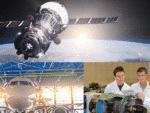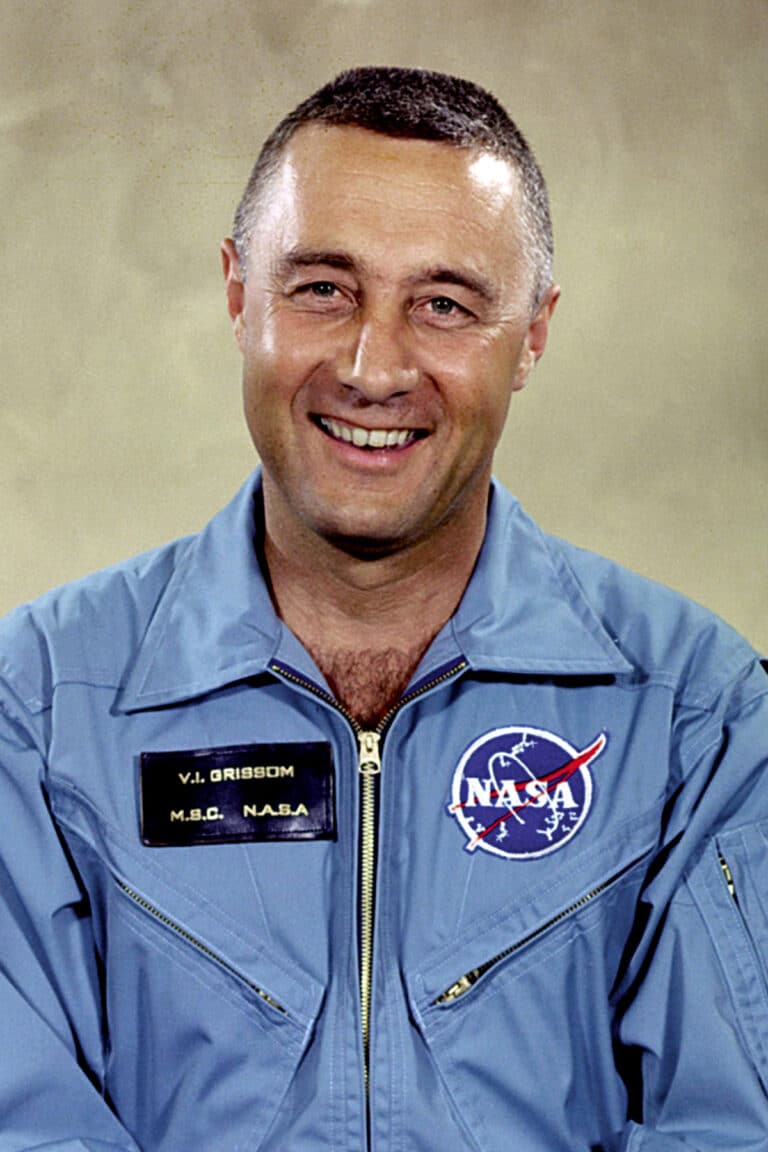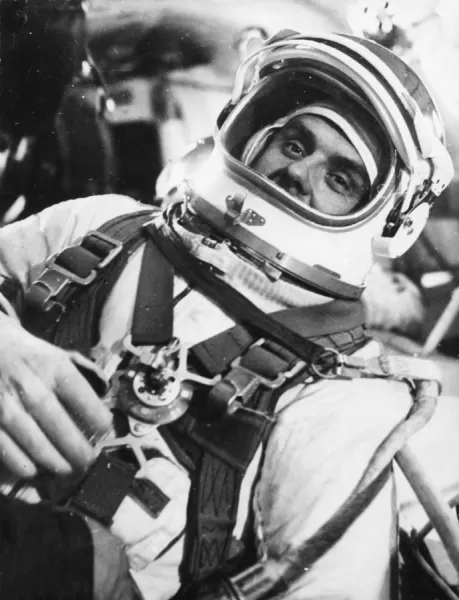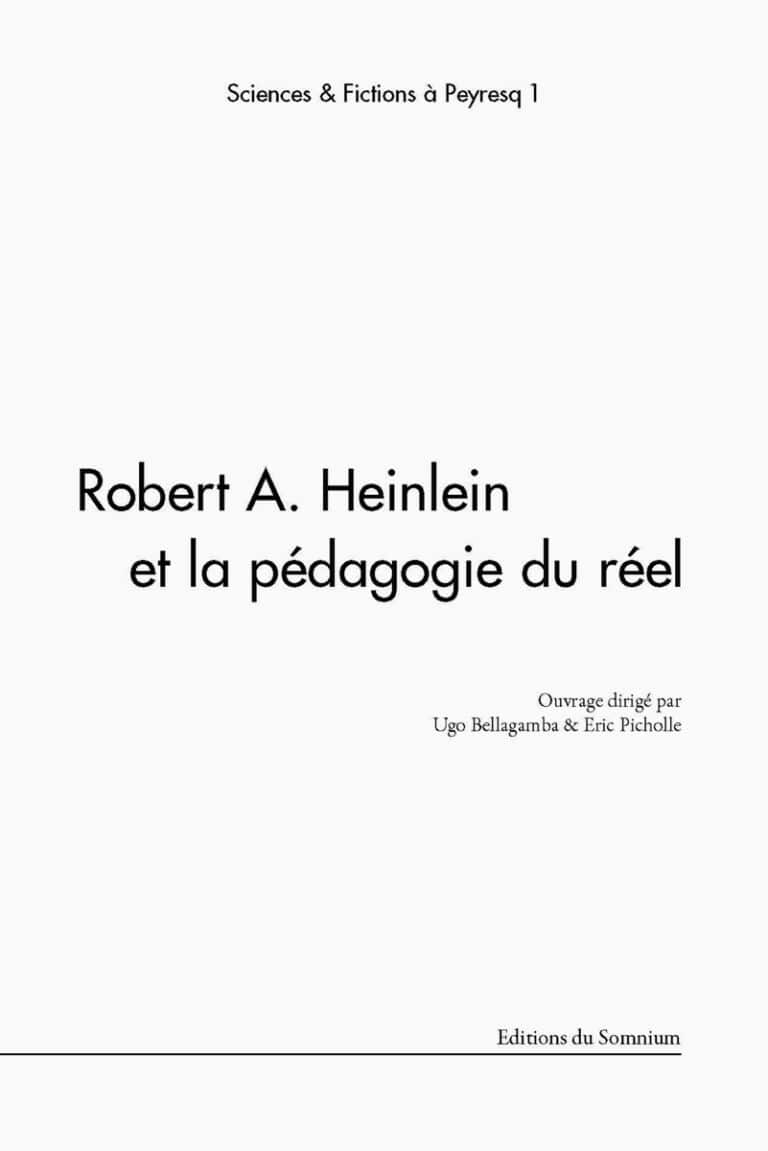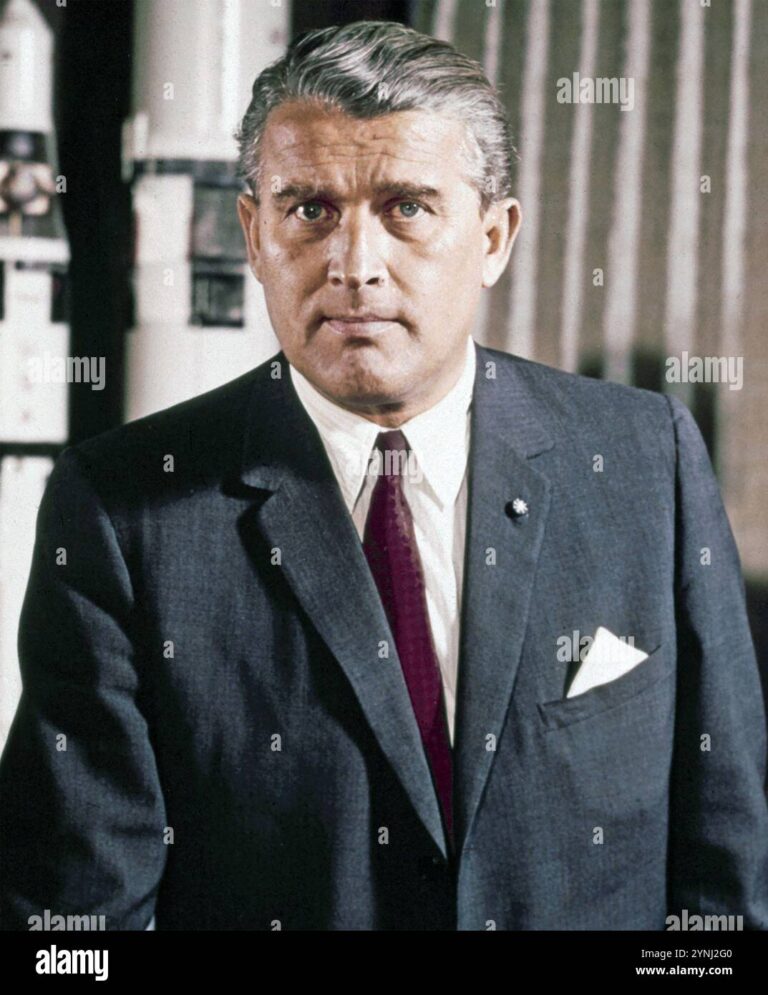Hermann Oberth, an emblematic figure in astronautics, played a crucial role in the emergence of the space age thanks to his innovative thoughts on rocket technologies. By performing complex calculations on the mass ratio and the gas ejection speed, it provided a solid foundation for future developments in this field. His passion for aviation led him to explore the possibility of reaching the cosmos, seeing this approach as a natural advancement of technological progress. Oberth also participated in the development of liquid combustion engines, making notable advances that influenced major space missions to come. Its membership in organizations dedicated to space navigation and his groundbreaking work was undoubtedly a catalyst in the design of modern rockets, ushering in a new era of exploration and discovery.
Table des matières
ToggleHermann Oberth: A Pioneer of Space Exploration
Hermann Oberth, often recognized as one of the founding fathers of modern astronautics, has profoundly impacted the way we understand and develop rocket technology. In his innovative work, he developed detailed calculations regarding the mass ratio and the gas ejection speed. These concepts played an essential role in the evolution of propulsion systems, making it possible to launch vehicles into space.
In 1930, he imagined a motor with liquid combustion powered by liquid oxygen and gas, a technological leap that marked the beginning of a new era in the field of rockets. His dream of reaching the stars was not merely theoretical, but rooted in a practical vision, driven by daring designs such as the construction of orbital stations.
Oberth also worked for the scientific community, joining the Society for Space Navigation and sowing the seeds of international cooperation in space exploration. His legacy, perpetuated by advances in astronautics, undoubtedly opened the way to the great space missions that we know today.
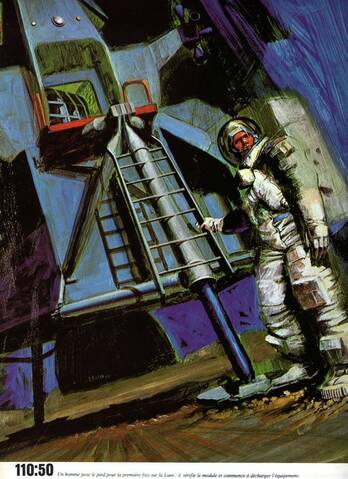
Hermann Oberth and the Opening of the Space Age through his Technological Innovations
Hermann Oberth, born in 1894 in Transylvania, is often described as one of the founding fathers of modern astronautics. His atypical career in aeronautics and his cutting-edge research on rockets have not only opened the way to contemporary space exploration but have also inspired numerous generations of engineers and scientists. This was illustrated during his work on mass ratios and gas ejection speed, which led him to conclusions similar to those of Constantin Tsiolkovsky, another pioneer of rocketry.
Oberth quickly understood that the operation of rockets depended on the complex relationship between the mass of the vehicle and the propulsion offered by its engines. By evaluating the rocket stages and by determining the reasons for optimizing these propulsion levels, he laid the theoretical foundations for modern rocket design. In 1927 he joined the Society for Space Navigation, where he began developing rocket concepts propelled by advanced engines. His first publications attracted the attention of the scientific world, making his theories accessible to future researchers.
In the summer of 1930, his passion for propulsion led him to design a liquid combustion engine, powered by liquid oxygen and other gases. This innovative engine has brought significant progress in the field of propulsion technologies. Oberth’s hard work allowed him to demonstrate thatastronautics was not just a science fiction aspiration, but an achievable reality, thus fueling the ambitions of many countries wishing to venture into space.
After the Second World War, Oberth’s career took a significant turn. As a consultant and writer, he develops new ideas about astronautics, including cutting-edge concepts such as orbital stations. He fervently argued that space exploration was the ultimate extension of a positivist vision of technological progress. The impact of his thoughts on the development of space technologies is materialized through his cooperation with research teams and manufacturers, particularly in the United States.
Despite the suffering of war, Hermann Oberth’s passion for rockets and astronautics never faded. In Bavaria, he continued to conduct personal studies on rocket propulsion and military applications. From 1950 to 1953, he was involved in the development of missiles, contributing to the development of space programs in Western countries. His research presents proposals that directly influence the future space program, including the Apollo project, which will allow humanity to set foot on the Moon.
Oberth’s visibility in the field ofastronautics reflects not only his multiple publications and influence on research, but also his role as mentor to several scientists such as von Braun, who was an iconic figure in the American space program. Oberth’s future vision, combined with his technical expertise, undoubtedly paved the way for what would become the Space Age, motivating generations to pursue the pursuit of the stars.









